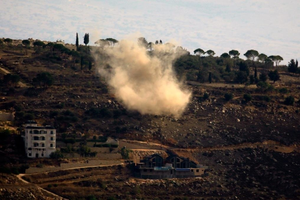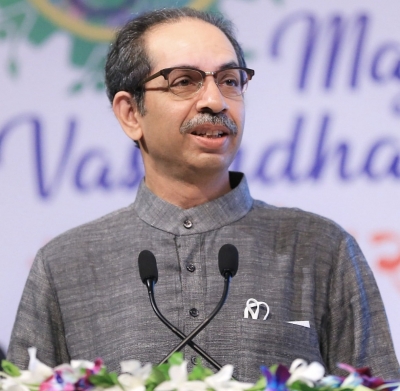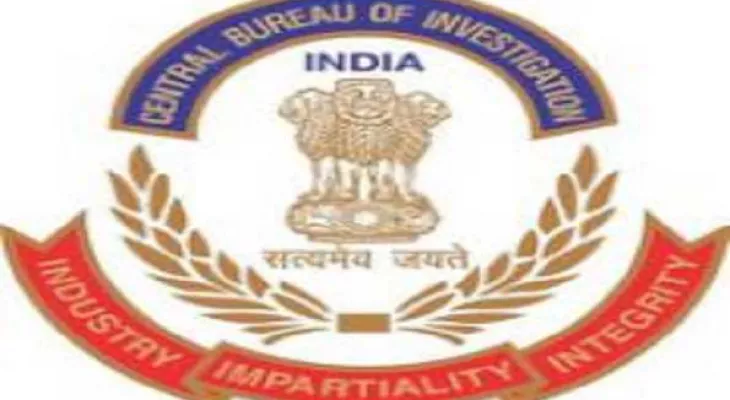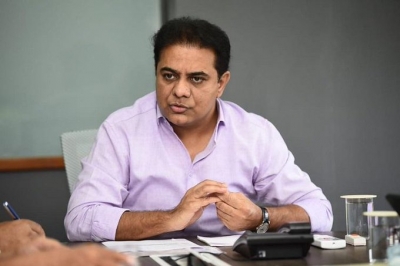India Expresses Concern Over Shelling Near Ukraine Nuclear Plant
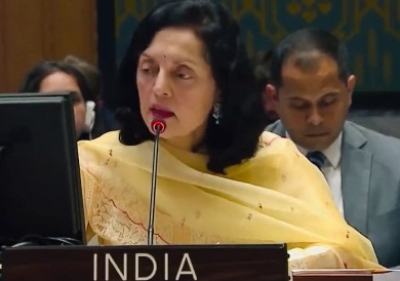
United Nations, Aug 12: India has expressed concern over the shelling near Ukraine’s Zaporizhzhya nuclear plant, the biggest in Europe and among the world’s largest, as Moscow and Kiev traded charges over the incidents and the international atomic agency head warned of “serious consequences”.
Addressing the Security Council on Thursday, India’s Permanent Representative Ruchira Kamboj said: “Any accident involving nuclear facilities could potentially have severe consequences for public health and the environment.
“India expresses its concern over the reports of shelling near the spent fuel storage facility of the Zaporizhzhya nuclear power plant.”
The Council session was convened at the request of Russia to consider the shelling around the facility.
India is “carefully following” the situation and “attaches high importance to ensuring the safety and security of these facilities”, Kamboj added.
“We call for mutual restraint so as not to endanger the safety and security of nuclear facilities.”
Constrained by its military and economic dependence on Moscow, New Delhi has walked a fine line neither condemning Russia outright nor directly supporting Ukraine.
In repeating what could be interpreted as diplomatically-worded criticism of Russia, Kamboj said: “We continue to reiterate that the global order should be anchored on international law, the UN Charter and on respect for the territorial integrity and sovereignty of states”.
The Zaporizhzhya plant in south-eastern Ukraine has been occupied by Russia, but Ukrainian technicians continue to work at the nuclear plant.
Briefing the Council, International Atomic Energy Agency (IAEA) Director General Rafael Mariano Grossi said that the August 5 shelling caused several explosions near the electrical switchboard and resulted in a power shutdown.
“These military actions near such a large nuclear facility could lead to very serious consequences,” he warned.
At the same time, he also assured that IAEA experts’ initial assessment was that the shelling or other military actions did not pose an immediate threat to nuclear safety.
“This could change at any moment.”
Russia’s Permanent Representative Vasily Nebenzya accused Ukraine of using heavy artillery against the plant during a shift change to intimidate its citizens operating the plant.
He alleged that there was an attack using cluster munitions on August 6 and another ont the following day caused a power surge.
Ukraine’s Permanent Representative Sergiy Kyslytsya accused Russia of “militarising” the site of the nuclear plant.
He said that an international mission that includes military experts should be sent to the plant.
Only a Russian withdrawal by Russia from Zaporizhzhia would end the threat to the plant, he said.
Secretary-General Antonio Guterres issued a statement calling on all “to exercise common sense and reason” and stop all military activities around the nuclear plant.
“Regrettably, instead of de-escalation, over the past several days there have been reports of further deeply worrying incidents that could, if they continue, lead to disaster,” he said.
This is the second standoff between Ukraine and Russia involving a nuclear facility.
In the first wave of the invasion in February, Russian forces captured the Chernobyl nuclear facility, which had suffered the worst atomic disaster in 1986 while Ukraine was a part of the Soviet Union.
But Russia withdrew from Chernobyl in March after failing in its attempts to advance on Ukraine’s capital Kiev.
During the attack on the remnants of Chernobyl’s nuclear plant that has been shut down, there were fears of radiation leaks.
Nuclear accidents are an extremely sensitive matter for Ukraine because large amounts of radiation escaped from the Chernobyl plant after an explosion and fire destroyed a reactor in the 1986 disaster rendering a 30-km radius uninhabitable.


